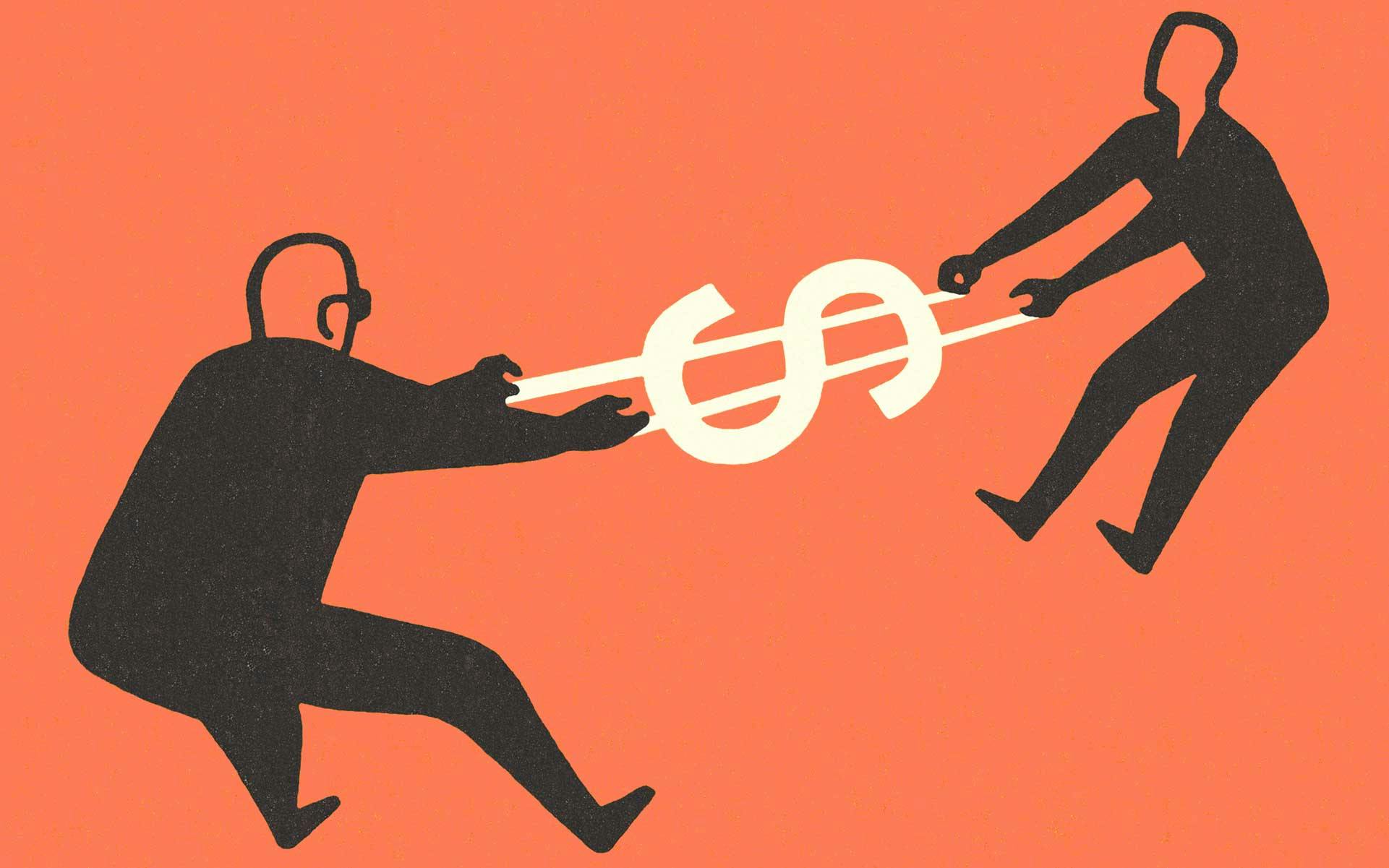A new government task force in Nevada is targeting sexual harassment in two of the state’s most lucrative industries: gaming—of course—but also cannabis.
Gov. Steve Sisolak created the task force earlier this month through a pair of executive orders—his first two since taking office on Jan. 7. He said the project, aimed at ensuring Nevadans feel safe at work, sends “a clear message that sexual harassment and discrimination has no place in Nevada.”
“Nevada’s gaming and marijuana industries are successful because of the trust our public has in them.”
The new orders require businesses in both the gaming and cannabis industries to submit written policies to state regulators by May outlining internal procedures for addressing sexual harassment and discrimination. The goal is to foster a workplace culture that “values respect, opportunity, inclusion, and diversity.”
“Nevada’s gaming and marijuana industries are successful because of the trust our public has in them,” Sisolak said. “This gives us a unique opportunity to allow that trust to grow.”
Looking for Cannabis? Jackpot.Cannabis and gaming are Nevada’s two largest state-regulated industries, with specific agencies overseeing licensing and regulation. That’s why, a state spokesperson told Leafly, the two sectors are being held to higher standards than bars, restaurants, and other industries regulated at the local level.
“Basically, it’s easier to address these businesses first,” said Monica Moazez, a spokeswoman for state Attorney General Aaron Ford, who was appointed to lead the task force. “I’m pretty sure the rest will be eventually be addressed.”
The 11-member task force comes after campaign promises by both the Gov. Sisolak and Attorney General Ford to clean up the sexual misconduct across Nevada’s workplaces—as well as within the state capital.
In 2017, Nevada Sen. Mark Manendo was forced to resign after facing a litany of sexual harassment allegations from female coworkers and journalists. And last year, freshman US Rep. Ruben Kihuen (D-NV) decided not to seek re-election after multiple reports that he sexually harassed a campaign worker and lobbyist.
While the cannabis industry broadly has grappled with its share of scandals, Stephanie Klapstein, a spokesperson for the Nevada Department of Taxation, which regulates the marijuana industry, said that sexual harassment in Nevada’s marijuana businesses is “not a substantial problem specific to the industry.”
Klapstein said the agency will collect sexual harassment policies from cannabis establishments by May. That information will then be provided to the new task force.
Shop highly rated dispensaries near you
Showing you dispensaries nearRiana Durrett, executive director of the Nevada Dispensary Association, said that although Sisolak’s executive orders were unexpected and caught the industry off guard, they offer an opportunity for cannabis to “become a leader” in safe and ethical business practices.
The first task? Spreading word of the new requirement. Of 12 owners of Las Vegas cannabis retailers, testing laboratories, cultivation facilities, and production facilities interviewed by Leafly, not one said they had any knowledge of the new executive order. While many said they were generally supportive of a measure to proactively prevent sexual harassment, they declined to comment on the task force before learning more about what it entails.
Besides AG Ford, the task force will include Patrick Cates, executive director of the Department of Administration, and nine others, including representatives from UNLV’s William S. Boyd School of Law, the Nevada Equal Rights Commission, Las Vegas Police, a labor union, a Nevada chamber of commerce, a medical professional experienced in the psychological treatment of sexual harassment and discrimination victims, and a representative of the Nevada Resort Association, which functions as a primary casino and gaming lobbying group.
Asked whether a representative from the cannabis industry could be included, Moazez said such a measure would “certainly be considered” in the near future.
“It’s new, it’s trial and error right now, and we just want to see how it goes,” she said. “All of this can be modified based on what the governor and the task force find is most needed.”






